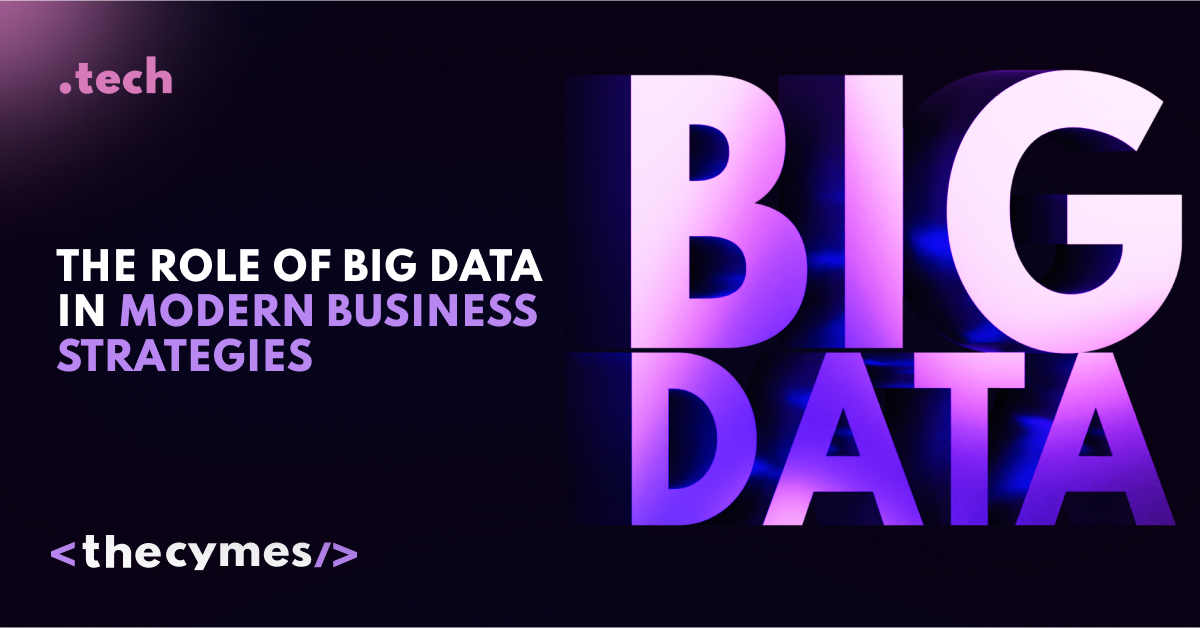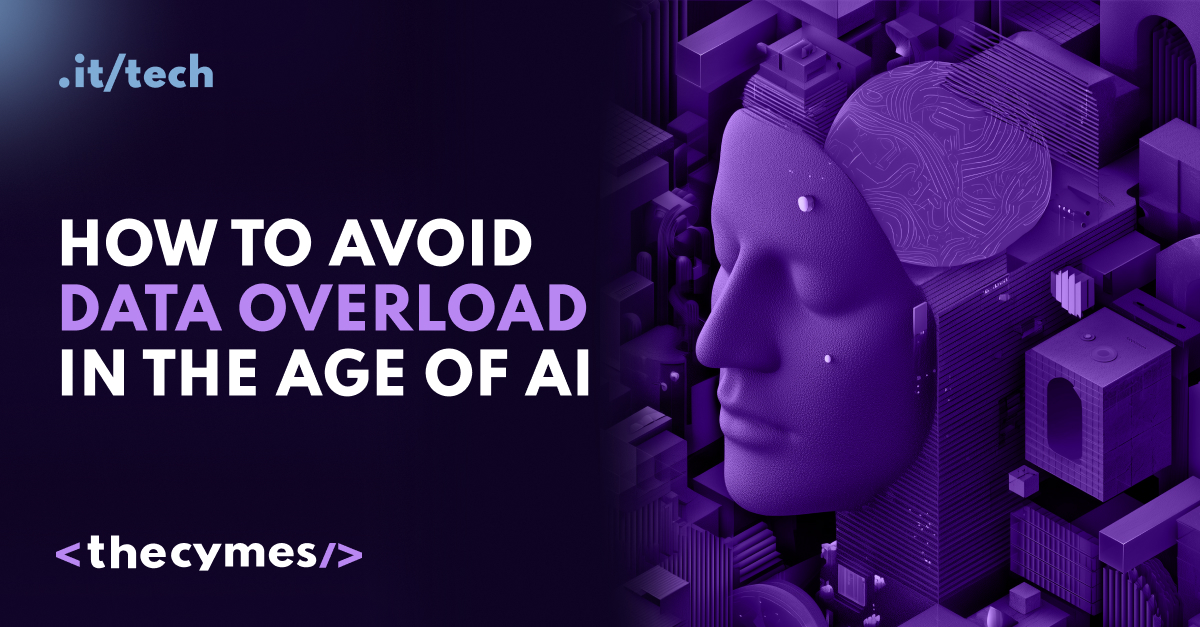.it/tech14 March 12:15
0<
The role of big data in modern business strategies
/>Learn how companies leverage data analytics to enhance customer experiences, improve operational efficiency, mitigate risks, and drive innovation, creating sustainable competitive advantages in today's data-driven marketplace. be updated on the latest tech newsGet exclusive news updates and overview on tech market




